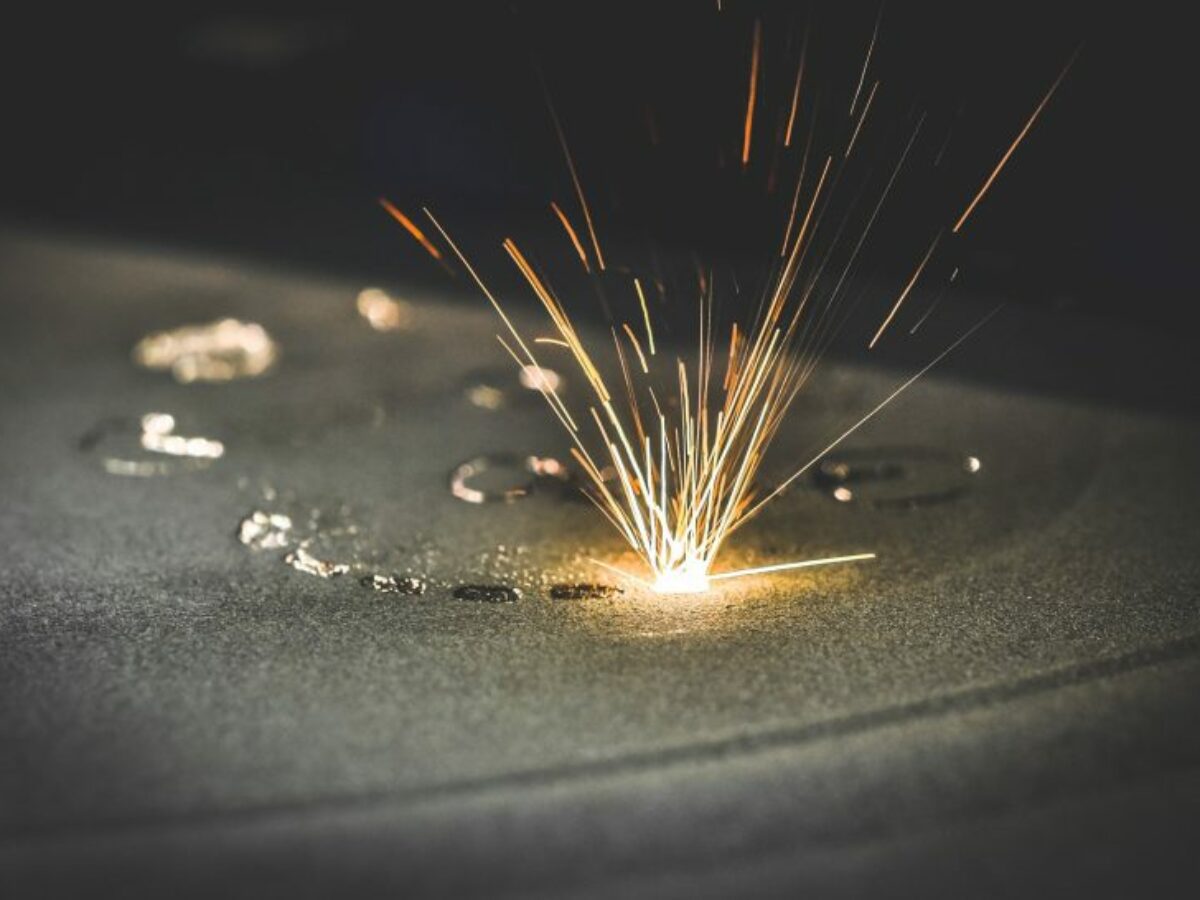RMIT 3D printing research could pave the way for sovereign titanium armour manufacture

A research partnership has developed new 3D printing processing parameters and heat treatment, which could lead to sovereign manufacturing of titanium alloy armour for military vehicles, according to the Department of Defence.
A statement from the department says RMIT Centre for Additive Manufacturing research by Dr Alex Medvedev and Professor Milan Brandt has developed additively manufactured ballistic-grade armour, which could prove a viable option against steel.
Steel alloys have so far been the materials of choice, with good strength and hardness, but heavier than titanium.
Improving the ballistic properties of metals during printing has a lot to do with controlling the microstructure. Defence materials scientist Dr Darren Edwards said default AM parameters would not give the desired mechanical properties, but the R&D was able to overcome these limitations.
“We did a lot of work to determine the influence of microstructure features – the phase composition, the grain structure and crystallographic texture – on the likelihood of failure under high strain-rate ballistic impact,” Edwards said.
“We now know the specific microstructures that provide the best ballistic performance.
“RMIT researchers were able to adjust the additive manufacturing processing parameters to significantly increase the ballistic protection of material straight out of the machine.”
Further, the team had developed new heat treatment providing a “considerable increase in ballistic performance” and their work would hopefully “pave the way for the sovereign manufacture of titanium armour.”
The work at RMIT is ongoing, and funded through the DST-managed Next Generation Technology Fund.
Picture: amfg.ai
Subscribe to our free @AuManufacturing newsletter here.
Topics Defence
@aumanufacturing Sections
Analysis and Commentary Awards casino reviews Defence Gambling Manufacturing News Online Casino Podcast Technology Videos

